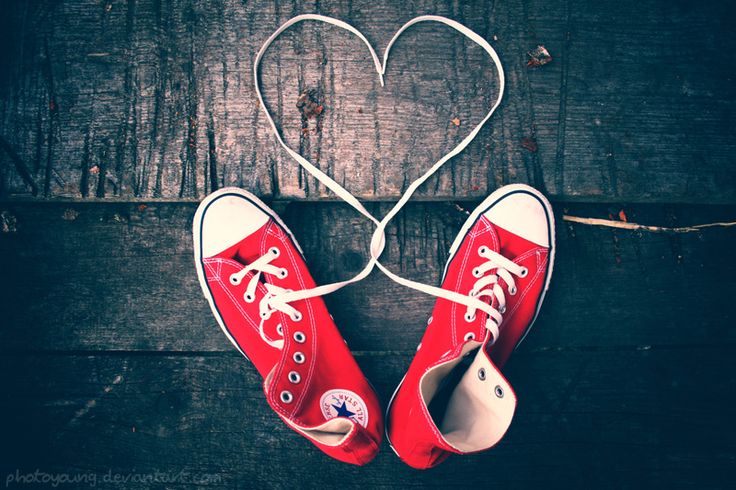Young doesn’t equal clueless
Staff writer expresses her views on teen dating.
February 10, 2017
Interaction: we humans need it to lead happy, healthy lives. The intricacies and emotional investments that go along with interacting and building relationships are practically obsessed over by our species. Romantic comedies, novels, even ones classified as action or adventure, usually feature a love pairing or two. Commercials selling hair products, jewelry, clothes, or even cleaning supplies, advertise attracting a special someone or making your spouse happy. The need and fascination with being in love is everywhere in our society, so how can we expect our youth to ignore what’s all around them, in their genetics, and especially in their hearts?
Many people have differing views on young love. Some think it’s sweet, some think it’s doomed, and some believe its utterly pointless. My generation, just like the generation before us and the one before that, are often told we are foolish for caring too much about our person or that the entire idea is stupid. That is absolutely one of the biggest lies to ever be told to young adults. “Young Love” is not some tragic misled delusion that kids should be shamed for; it is a unique experience for each person and is a crucial stepping stone to building healthy adult relationships. I’d like to bring some new perspective to the table and offer my own solutions, point of view, and experience concerning the controversial practice.
First off, adults need to acknowledge that teenagers are not these weird alien creatures that take the face of their children and automatically morph into disrespectful, clueless jerks. People ages 13-19 are PEOPLE and the whole point of being young and going to school is to LEARN what we don’t know. This includes social skills, how to build relationships, and how to move on if those relationships begin to hurt us.
High school is a place where numerous youth come everyday to pass the courses and tests needed to earn a place among the graduated and ultimately earn their place in the adult world. Putting that many of us together all day is bound to have some side effects, right? Sure, it gives everyone a central location for education and allows parents to handle their own responsibilities, but it also acts as the perfect training ground for living as an individual in American society. People can be rude, helpful, sad, hurtful, confused, manipulative and more. Each of us has to learn how to interact, work with, and build relationships with other humans living and breathing around us so that when we enter the “real” world we will be able to do our job or go to college, or be proud of our own quirks despite, or in conjunction with the person next to us who may or may not be an enemy, friend, or potential partner.
This is why high school dating should not only be accepted, but encouraged. How else are we supposed to learn what it means to love someone intimately? I am not suggesting that teens go out explore everything that goes along with adult relationships, but I am suggesting that adults allow us to make mistakes, learn from them, and become better for next time.
Let me share a personal story to better exemplify what I mean.
Recently, I committed to a romantic relationship with my best friend. He was funny, sweet, and made my heart do little flips in my chest when I saw him. For a while we were really happy and had a lot of fun talking and hanging out together. Just seeing him could make my whole day. Of course we were attracted to each other, but that wasn’t the main focus. I genuinely enjoyed all of who he was as a person. Unfortunately, our parents decided they didn’t like each other and things in our relationship became harder and more strained. Add in our own communication problem and we broke up within a few months. Both of us later admitted our mistakes and agreed on a few things we could do differently in the future. I learned that in order to have a healthy relationship you can’t be afraid of rejection, and if you are rejected or made fun of by the person you’re with, then you’ll have to make the best decision for yourself; be that trying to make things work or leaving. He told me later when we became tentative friends again, that he also learned an important lesson from it. He realized confronting the other person about the problem should be the first step before permanently ending things.
The point is that even though it did end, I still gained a lot from the experience. There are countless extremes and lots of things that can go wrong when teens date, but the fact of the matter is those same risks apply to adult relationships too. Parents and authority figures should do their best to help us with these things instead of making fun of the whole idea or flat out saying no. Different circumstances may require different approaches, but overall it’s a good thing for young adults to date.
To all the parents, teachers, and other adults responsible for ushering us into adulthood: remember the reason you worry about us. You want us to be safe, successful, and capable of making a life for ourselves when our time comes. In order to do that, we have to grow up. We have to learn how to live in this crazy world without you one day and we have to go through heartbreaks, struggles, and embarrassing moments in order to be mature, smart, and resilient when we take those big steps into the adult world. From all of us to all of you, we’re doing the best we can. Please see that, and when we come to you for help or support, look at us as people instead of “teenagers” because it makes a difference.
To my peers: don’t be afraid to get to know someone, try to respect each other, consider the other persons point of view along with your own, and above all else, forgive yourself when you mess up. That’s what high school relationships are all about – learning how to balance your own wants and needs with those of someone else, and figuring out when to try again and when to walk away. Just because your ex is a jerk doesn’t mean the relationship was pointless, and being young does not invalidate your feelings. Follow your hearts and may luck be with you.


